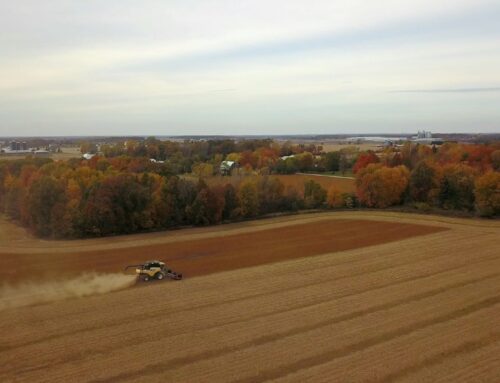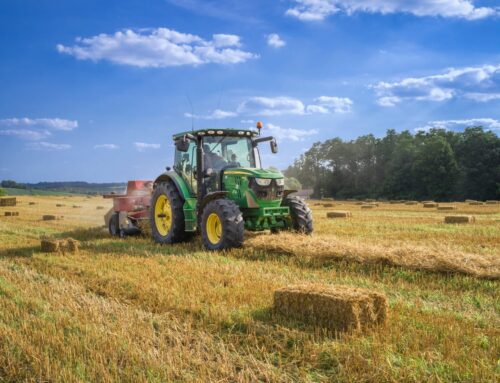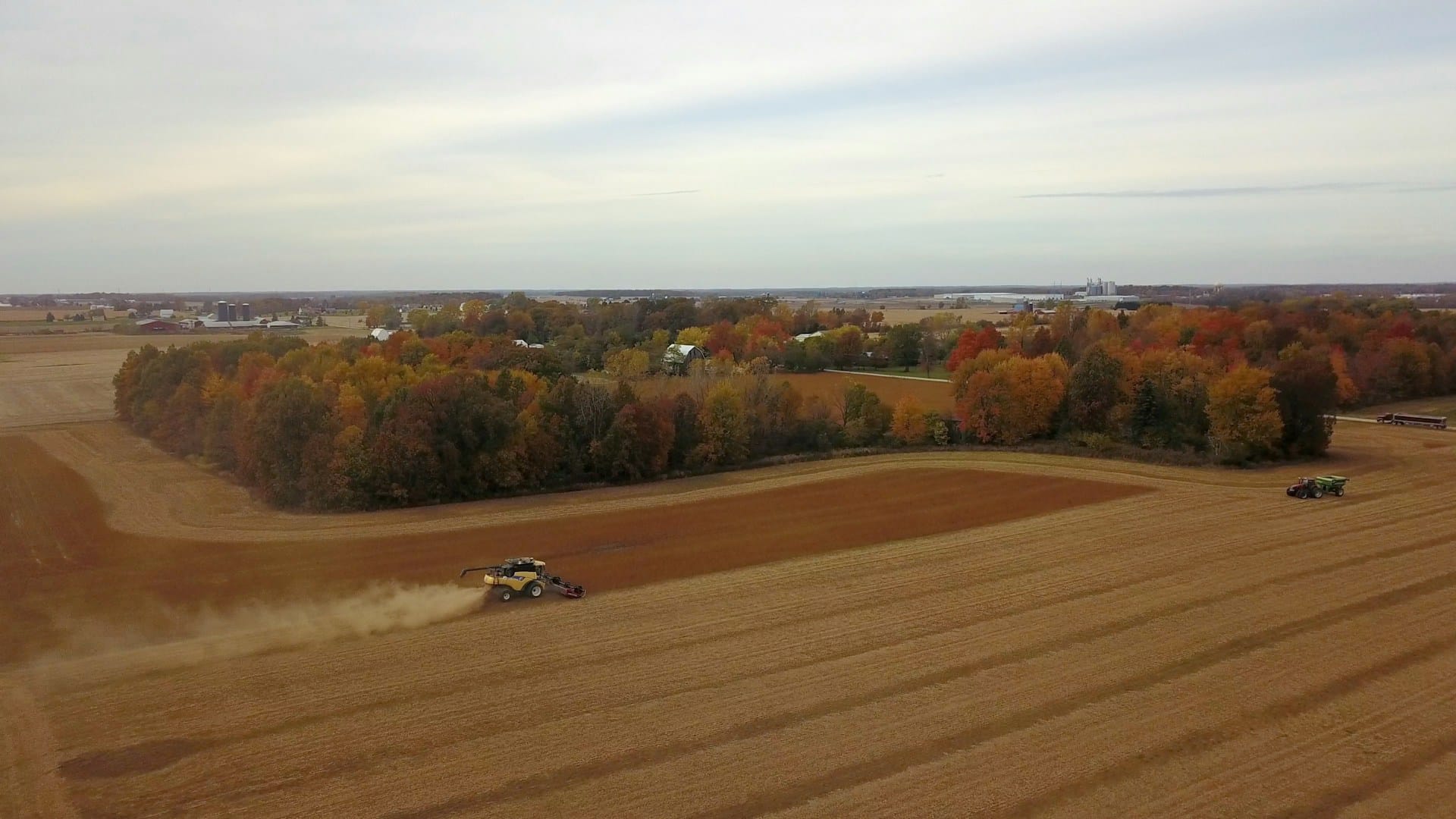Senator Charles Grassley (R-IA) and Congressman Jeff Fortenberry (R-NE) sent a letter to Secretary of Agriculture Sonny Perdue on Monday urging him to close payment loopholes that currently allow people who have never set foot on a farm to be eligible for farm safety net payments. It is well past time to close those loopholes.
Both Senator Grassley and Congressman Fortenberry have championed payment loopholes for a very long time. Grassley – whose family has raised soybeans on a 750-acre farm in Iowa for three generations – believes people “…ought to have dirt under their fingernails” and meet the “actively engaged in farming” requirements to be eligible for payments. Hard to argue with that logic, and yet.
Backstory: We actually saw a glimmer of hope in closing these loopholes once upon a time in a previous farm bill. Both the House and Senate in the 2014 farm bill included closing the loophole that allows unlimited numbers of individuals to qualify for farm subsidiesby simply claiming to help “manage” a farm. Make no mistake, this was a huge and united step towards better cost-effective ag policy.
Unfortunately, the 2014 Farm Bill Conference Committee ignored the will of Congress and significantly watered down the applicability of the reforms by exempting family farms from the new farm subsidy rules. Important data point: Nearly 98 percent of farms in the U.S. are family farms. So when Agriculture Secretary Tom Vilsack enacted a new rule that defined “significant contribution of personal management,” instituted a quantifiable test for these contributions, and limited operations to qualifying no more than three individuals by “active management only,” progress only applied to farming operations made up of non-family members. So currently about 2 percent of farms. That is not what Congress intended.
The issue was revisited in the 2018 Farm Bill when the Senate included a provision by Senator Grassley to once again limit the number of “managers” to be added to a farm entity in order to qualify for taxpayer subsidies. (House Leadership blocked a vote on this amendment). This provision would have ensured a farm safety net focused on individuals facing the day-to-day risks of farming, not those choosing to farm the programs. Unfortunately, this common sense proposal was eliminated in the conference agreement between the House and Senate.
Even worse, the 2018 farm bill made payment loopholes potentially even BIGGER by including cousins, nieces, and nephews associated with the so-called family farming operation to be eligible for farm subsidies.
According to the Environmental Working Group, city slickers and beach bums in the nation’s 50 largest cities have been exploiting regulatory loopholes to receive farm subsidies. Taxpayers are long overdue for a stronger “actively engaged in farming” rule. With Agriculture Secretary Perdue currently writing new rules for implementing the 2018 farm bill, there is an opportunity for him to implement the will of Congress and apply the same rules to all operations, regardless of how they are structured or who claims an ownership interest. It’s not too much to ask that USDA treat all farmers equally and ensure only those farmers that actually work on the farm benefit from farm programs.











Get Social